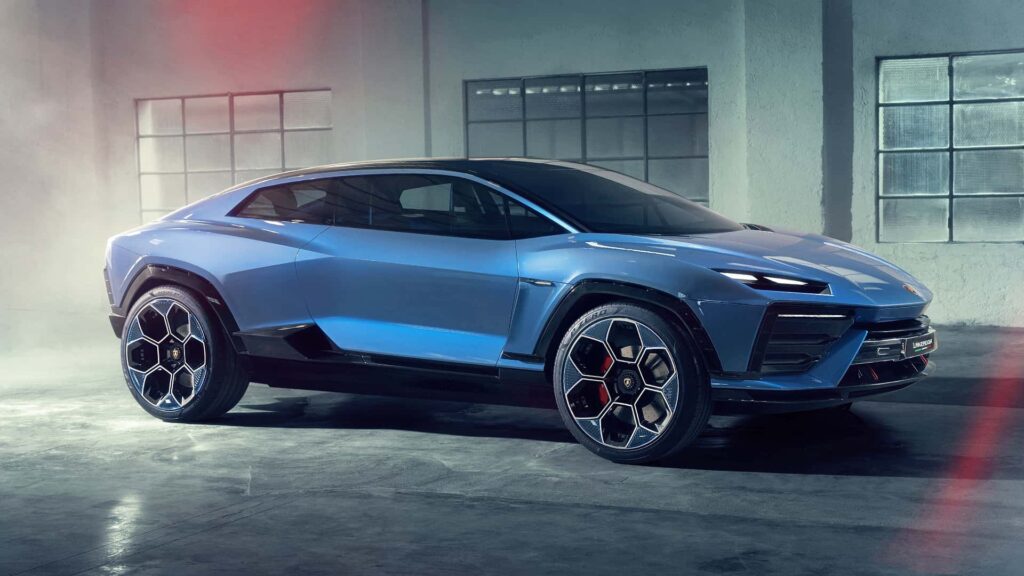Lamborghini’s Plans for Electric Vehicles Delayed Amid Slower Demand
Lamborghini, known for its high-performance supercars, is facing challenges in its transition to electric vehicles due to slower-than-expected demand. The Italian automaker had initially planned to launch its first electric model, the Lanzador, in 2028. However, the release has been pushed back to 2029, with the possibility of it being a plug-in hybrid (PHEV) instead of a fully electric vehicle.
According to Lamborghini CEO Stephan Winkelmann, the company is reevaluating its electrification strategy in light of the current market conditions. The global acceptance of electric vehicles has been slower than anticipated, prompting Lamborghini to consider the best approach for its upcoming models. Winkelmann emphasized the need to make a decision soon regarding whether their next model will be a full EV or a PHEV.
The delay in Lamborghini’s electrification plans reflects the challenges faced by luxury car manufacturers in adapting to the evolving automotive landscape. The Lanzador, unveiled as a concept in 2023, was intended to spearhead Lamborghini’s shift towards electrification. Additionally, the replacement for the popular Urus SUV was also slated to be an EV, but it will now be a PHEV, as confirmed by Winkelmann.
Despite its commitment to hybridizing its lineup, Lamborghini is hesitant to completely phase out gasoline engines due to customer expectations. The company is exploring the use of synthetic fuels to prolong the existence of its iconic combustion engines. Winkelmann cited emissions regulations as a driving force behind their investment in electric models, particularly for larger vehicles rather than traditional two-seat supercars.
In a challenging period for EV growth, several automakers have adjusted their electrification plans. Ford canceled a three-row electric SUV, Nissan scrapped electric sedan projects, and Honda eliminated some electric SUVs from its roadmap. Even Ferrari, Lamborghini’s main rival, has delayed the launch of a second EV by two years due to weak demand.
As the automotive industry navigates the transition to electric mobility, Lamborghini’s decision to delay its electrification plans underscores the complexities of balancing tradition and innovation in the supercar market. The company remains optimistic about the future of electric mobility, with a focus on sustainability and performance in its upcoming models.
In conclusion, while Lamborghini’s electrification journey may face delays, the company is determined to evolve its lineup to meet the demands of a changing automotive landscape. With a blend of traditional craftsmanship and cutting-edge technology, Lamborghini is poised to redefine the future of high-performance electric vehicles.

